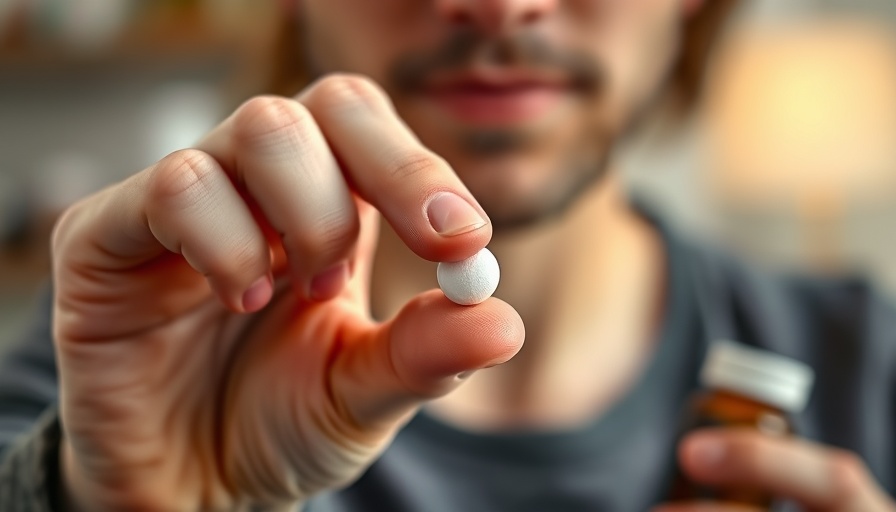
Understanding iodine's crucial role
Iodine is a vital element for maintaining ideal thyroid function, comprising hormones named T3 and T4, which are directly tied to how many iodine atoms they contain. Without adequate iodine intake, individuals can suffer severe endocrine issues. Too often, we overlook this nutritional necessity, especially in plant-based diets.
The unfortunate reality of iodine in plant-based diets
Common sources of iodine, such as iodized salt and dairy products, are frequently not part of vegan diets. While sea vegetables like seaweed can offer iodine, many vegans don’t consume these. Instead, they often turn to plant-based milks, which usually lack iodine fortification. While encouraging individuals to reduce their reliance on salt and dairy, health authorities should not neglect the critical responsibility of ensuring a sufficient iodine intake among those following strict vegan or vegetarian plans.
Investigating dietary deficiencies
Consider this disturbing statistic: in a recent extensive study, vegans consistently failed to meet the minimum iodine levels. The recommended dosage for adults hovers around 150 micrograms per day, which can typically be found in just a cup and a half of cow’s milk. Most plant-based alternatives barely scrape the surface, averaging a disappointing 3 micrograms per cup. It's this alarming gap that can lead to significant health crises.
Consequences of iodine deficiency
During pregnancy, the need for iodine skyrockets. Recommendations state that 150 micrograms of iodine daily are essential, a fact that many future mothers seem oblivious to. Despite being aware of other prenatal supplements, as much as 40% of them lack iodine. This oversight can have detrimental consequences for the neurodevelopment of the unborn child, mirroring the needs of omnivorous mothers.
The age gap: not just for adults
Your child’s iodine requirements deserve equal weight. A lack of iodine in toddlers, often stemming from their mothers’ dietary choices, can lead to hypothyroidism. Illustratively, one case noted a toddler's decline after weaning – prior to that, the mother’s prenatal vitamin regimen ensured sufficient iodine. This goes unnoticed by many parents prioritizing a healthy diet yet neglecting essential minerals.
Redefining nutrition labels
Plant-based companies proudly market fortified milks rich in calcium and vitamins B12, D, and A, while glossing over the typical iodine shortfall. Not to mention, and perhaps more shocking, there are fewer options on the market that provide adequate iodine supply. Out of 47 studied brands, only three were fortified with iodine.
Identifying solutions for iodine intake
So, what can be done? Immediate action is required to ensure dietary options contain iodine-rich foods, particularly for pregnant women and children. Vegans and vegetarians should actively seek sea vegetables, or consider supplements to avoid the risks associated with iodine deficiency. Reading labels and understanding nutritional content can safeguard against these health crises, providing peace of mind for both parents and those planning for a family.
The conversation about veganism and iodine
Should we disregard vegan diets altogether due to potential deficiencies? Of course not. Instead, we need to support awareness around meeting nutritional requirements. Critical opinions on veganism shouldn’t overshadow the benefits of plant-based eating. Proper education can empower individuals to make conscientious decisions about their health while celebrating a vegan lifestyle.
 Add Row
Add Row  Add
Add 




Write A Comment